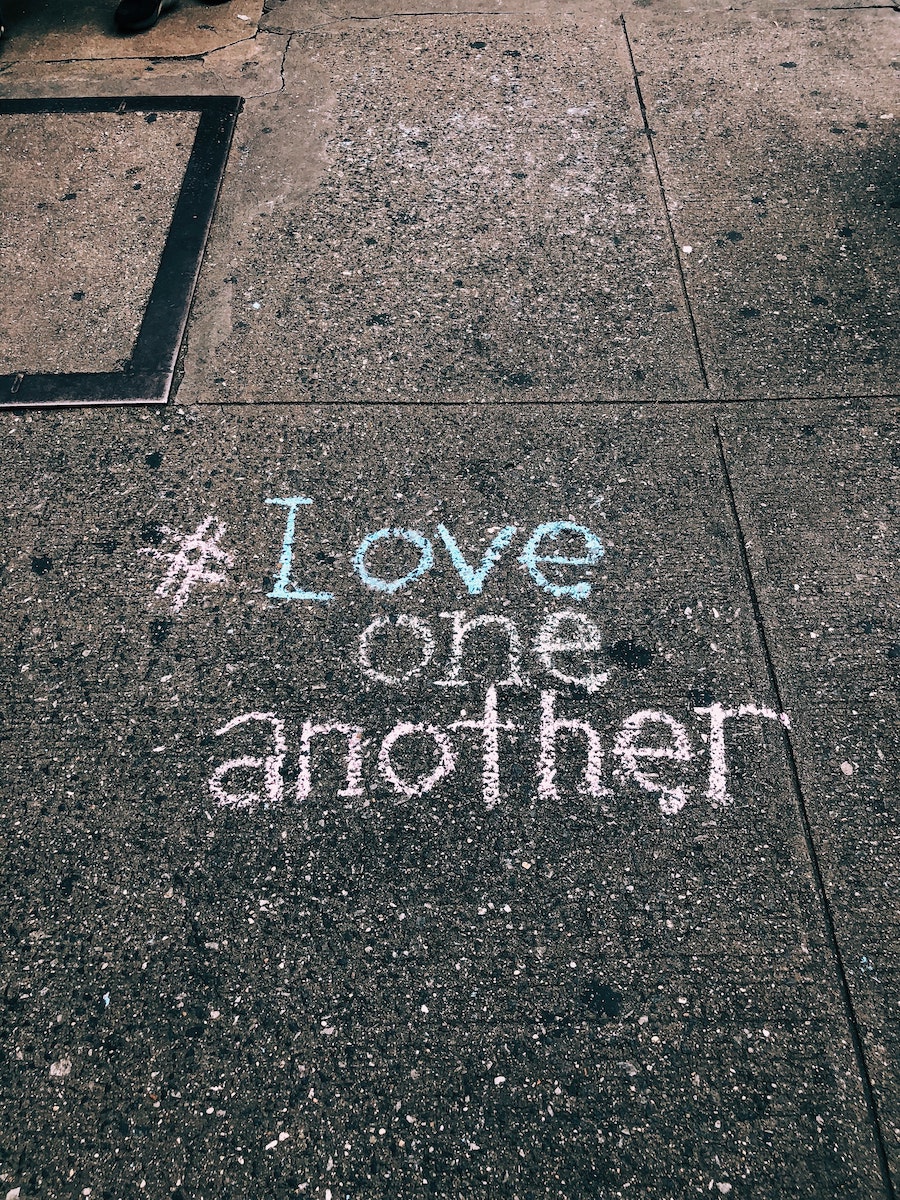Editor’s note: The following column talks about suicide and may be difficult for some readers. If you are having thoughts about suicide, please call the National Suicide Prevention Lifeline at 1-800-273-TALK (8255) or text 741-741, or the Department of Mental Health at 1-877-210-8513.
I am not afraid of the paper.
On the contrary, as everything in my life has transformed with rapid pace, the paper remains an ever-yielding receptacle for my thoughts, fears and exasperations. It has treated me with placid patience, unbroken by its own stream of faulty opinions.
But as I share this story, one that has shaped my life in ways that I continue to discover, I cannot help the gnawing fear of exposure that stems from revealing fading scars still prey to becoming wounds again. My first attempt to share this story failed miserably—the gray words I etched into drawing paper as an 8-year-old decried as a sorry attempt to evoke sympathy in others and a testament to my weak spirit.
Bear with me on this journey, as I slip back into a time that holds my darkest memories. I trust that you will not glimpse at my experiences with mockery, but glean from them unique insight and wisdom with which you can better your own lives. In reading my story, do not shower me with your pity, but develop an empathetic sense of piety toward your neighbor.

Continuously Doubting the Validity of My Feelings
Eleven years ago, a young girl (we’ll call her N) lived directly below me in our apartment building and attended school with me. I considered her to be my best friend, until another girl (J) informed me that I must cease all attempts to maintain friendship with her because N said she could not be friends with Indian people. With my 6-year-old ego and fragile feelings tremendously hurt, I wrote a note to our counselor, Dr. F: “N said to me that she could not be friends with me because of my nationality and it hurt my feelings.”
The next day, I was called into her office, a shady room with little light.
Emblazoned on the door was a yellow and black sign reading “No place for hate.” Buoyed by this promise of justice, or at least understanding, I looked to Dr. F to restore my aching little heart. My lungs deflated with crushing defeat when the next hour of our time was spent on Dr. F fixating on my “false use of the ‘said to me’” because that was unfair to N, since she’d actually said those hurtful words to J. Yes, what she said to me was bad, but my little, first-grader grammar flub was worse, and I should be ashamed of accusing her falsely. I walked out of the office numb with shock, feeling betrayed by the sign claiming to be a spoil of delivered justice.
This wasn’t the last time I was failed by adult authorities. It happened again when a teacher was informed that a boy mocked my louder voice in front of our class, attacking my inability to hear myself. She asked me whether I was sure that this incident actually occurred since the “little boy” also had a brother with a disability. Again, people were arguing that I was blowing things out of proportion and acting “like my life was a TV show.” And then again, when my allergic attacks were proclaimed to be a product of my—and I kid you not—“being a necrophile.”
Now, years later, as I recall these painful incidents, I cannot silence the thoughts that question whether what I say on this paper is true and whether my story is real or a mere figment of my imagination, an obvious consequence of the continued gaslighting I had experienced.
‘Policy Failures and Proliferated Misconceptions’
As I read these words from the comfort of retrospection, I am relieved by the dissociation I feel with my own experiences because, through seeking solace in writing, I have found the courage to move on and, more importantly, to forgive.
But to forgive does not mean we forget. I cannot forget, because while I sail toward a brighter future, those who were wrecked at the hands of malicious bullying, never do. The National Child Traumatic Stress Network shows a direct correlation between bullying and traumatic stress. Episodes are triggered by settings, sounds or just by being around people who were there when the traumatic events took place.
But there’s more. Federal law deems bullying as potentially overlapping with discriminatory harassment. In order for schools to be obligated to address these actions, the behavior should fulfill three simple criteria: It must be unwelcome and objectively offensive, must contribute to the creation of a hostile school environment, and must attack a student’s race, national origin, sex, disability or religion. In some cases, bullying offenses overlap with the violation of civil-rights laws, such as Title IV and VI of the Civil Rights Act of 1964.
To put it simply, bullying can be criminal.
Yet, teachers remain ill-equipped to handle bullying in the classroom, and schools remain hesitant to enact stringent disciplinary consequences in response to bullying complaints for fear of upsetting powerful families or of creating a problem with too much gray area to be solved. The incidents in which young girls, including myself, are indoctrinated to cope with harassment and bullying by perceiving it to be a form of flattery remain numerous.
The entrenched roots of bullying in America do not stop at policy failures; instead, they extend to proliferating misconceptions. Most consider bullying to be a normal part of one’s childhood due to its widespread prevalence. Ignorant teachers and parents issue comments to quash bullying complaints like “kids will be kids” or “they’re just immature,” which perpetuates the normalization of bullying.
But the overwhelming nature of the research is undeniable: to normalize bullying is to endorse the physical and mental-health problems that occur as its consequence—including self-isolation, self-harm, depression and anxiety. Bullying is a public-health crisis, serving as the third leading cause of death among young people in the country.

To accept bullying, then, is to abet suicide.
But it’s tough to change mindsets in a society that prizes stalwart strength in the face of troubles. Due to its war-obsessed past, American culture seeks to glorify those individuals that remain stoic even as their own identity is torn to shreds. We want to be brave, courageous and strong, but wavering in the face of bullies yanks us away from these prized qualities.
Stay silent, we are told, or you will be seen as a snowflake, melting at anything ever so slightly incendiary.
Not Snowflakes, But Crystallized Stardust
This is why I write to you today. Because you and I, and our neighbors, and our friends, and our parents, we make up those statistics in society that standardize the loss of young children to harassment. We tell our children that they must learn to stand up for themselves, without first considering that perhaps our children are not the problem. The fault is not in the younger generation, but in a deeply damaged school system that claims to prepare kids for the real world by aiding experiences that can serve as sources of trauma for the rest of their lives.
But you can make the change needed to save the life of the little girl who’ll go to bed crying tonight and the young boy who stares at his window, wondering whether it would just be easier to fall through its unhinged panes.
You can validate their experiences without forcing them to cope with maltreatment. You can promise to hear their complaints and then act on their feelings by pushing for concrete consequences from school officials. And when these school officials fail to act on your grievances, you can harness the power of the judiciary system from your founding fathers and file a case in your local federal court, demanding for action and persevering until your children receive justice from the law.
Because our children are not snowflakes. They are living, breathing, feeling structures of crystallized stardust, and they deserve to be treated in the same manner with which we regard the twinkling dots that beam at us each night: with awestruck, empowering and uplifting respect.
This MFP Voices essay does not necessarily represent the views of the Mississippi Free Press, its staff or board members. To submit an essay for the MFP Voices section, send up to 1,200 words and factcheck information to azia@mississippifreepress.org. We welcome a wide variety of viewpoints.






